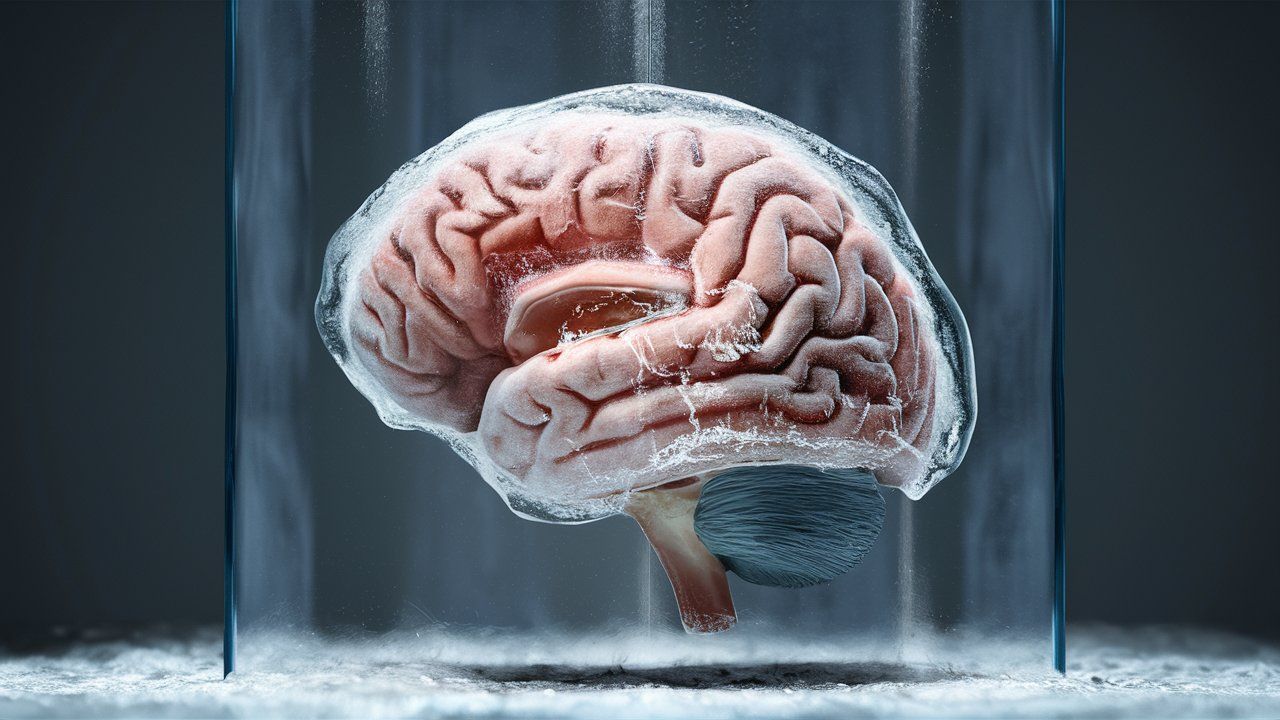Cryogenization: human brain tissues survive after 18 months of freezing!
Published by Cédric,
Article Author: Cédric DEPOND
Source: Cell Reports Methods
Other Languages: FR, DE, ES, PT
Article Author: Cédric DEPOND
Source: Cell Reports Methods
Other Languages: FR, DE, ES, PT
Follow us on Google News (click on ☆)

The cultivation of organoids, which are cell clusters that replicate brain diseases, is a crucial process in biomedicine. These organoids allow for the study of disease mechanisms and the development of drugs. However, their cultivation and preservation are costly and complex. Traditional cryogenization of brain tissues leads to damage during thawing, limiting their usefulness for research.
Cryogenization technologies are already effective in preserving stem cells, gametes, and embryos. For instance, frozen bovine sperm can be successfully used for in vitro fertilization. However, the cryogenization of brain organoids, due to their complexity, has remained an unachieved challenge until now. Methods used for other cell types are not suitable for brain tissues.
To overcome these obstacles, Zhicheng Shao's team developed a new technique using a chemical cocktail named MEDY. This cocktail includes methylcellulose, ethylene glycol, dimethyl sulfoxide (DMSO), and Y-27632. The organoids are pre-soaked in this solution before being frozen in liquid nitrogen. This method enabled the preservation of functional brain tissues upon thawing, even after 18 months.
The researchers tested various chemical combinations to find the one that maintained the morphological integrity of the organoids and reduced neural cell loss. Organoids cultivated from human embryonic stem cells were quickly cryogenized and then gradually thawed to avoid damage. The MEDY cocktail proved effective, allowing the organoids to regain their functions and continue growing for 150 days.
The study also evaluated the efficacy of MEDY on different types of organoids and organoids derived from epileptic patients. After cryogenization, the organoids retained their pathological characteristics and synaptic functions. The results suggest that this technique could be applied to larger brain samples, providing new opportunities for biomedical research.
The researchers conclude that MEDY will enable the reliable and large-scale storage of various neural organoids and living brain tissues, thereby facilitating research and drug development. This advancement could transform the way neurodegenerative diseases are studied and treated.